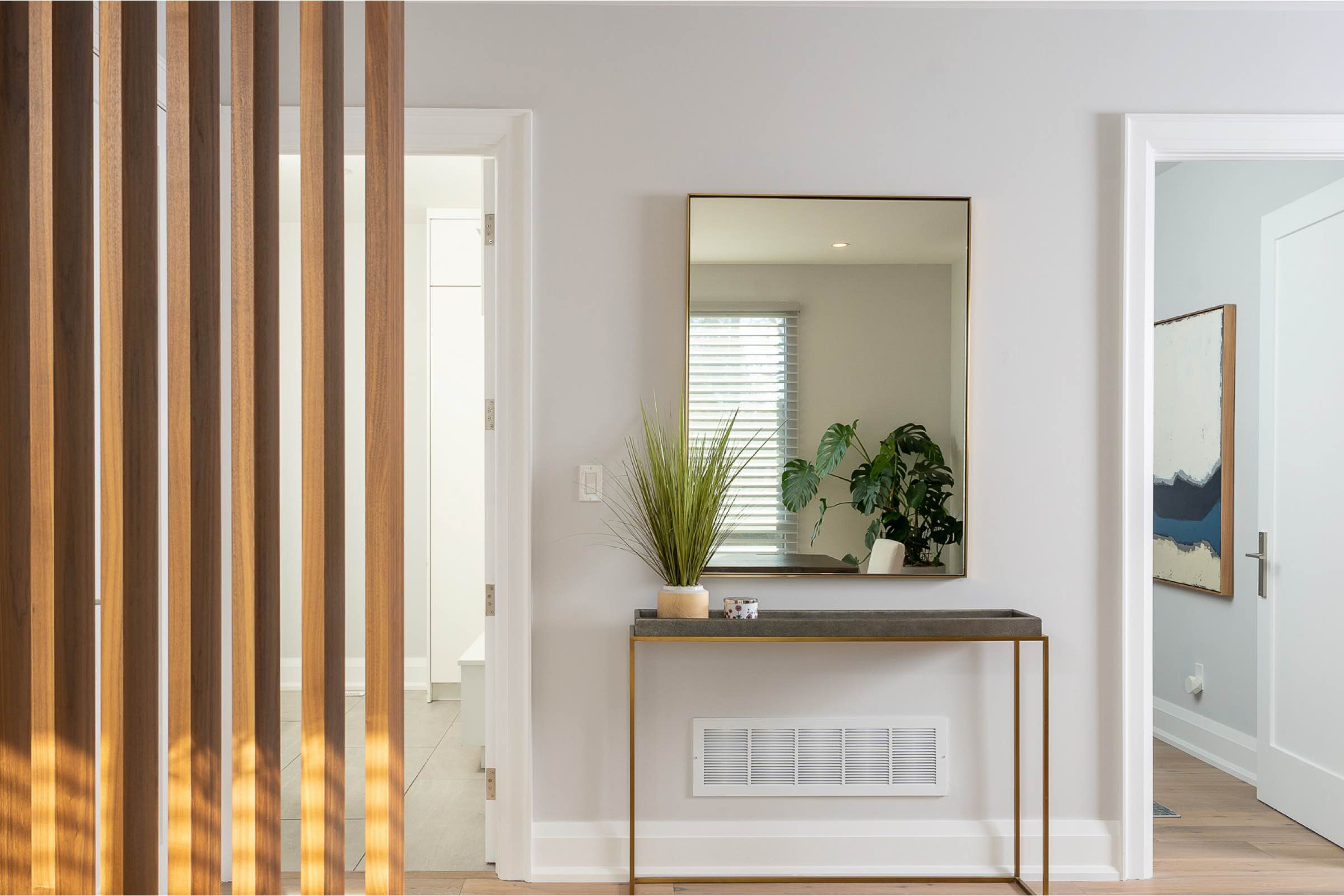There’s nothing more exciting than embarking on the search for your next home. But before you dive into the fun stuff, like scrolling through listings and attending open houses, it’s important that you get a clear understanding of your finances. Don’t be intimidated by this step! Determining what you can afford and preparing for any unforeseen costs is the key to unlocking your purchasing power. This process will help you narrow down your search and give you the power to present sellers with a strong offer when you find the house of your dreams. Plus, I’ll be with you every step of the way, making sure you have a firm understanding of your finances so you feel empowered going into the buying process.
Here’s how:
STEP ONE: Get Pre-ApprovedPurchasing a home involves both one-time costs and ongoing monthly expenses. Your largest one-time cost is going to be your down payment, which is usually between five and 25 per cent of the total price of the property. For a purchase price of $500,000 or less, the minimum down payment is five per cent. A purchase price over that amount requires five per cent down on the first $500,000 and 10 per cent down for the remaining portion. Keep in mind that mortgage insurance is typically required by lenders on down payments of less than 20 per cent.
STEP TWO: Determine What You Can AffordUnlike an online calculator that gives you a top-level estimate of what you can afford, a pre-approved mortgage will give you a clear idea of what you can afford while protecting you from interest rate increases during your house search. Your pre-approval will depend on factors like your credit score, a thorough analysis of your income and the nature of your down payment.
STEP THREE: Consider Other CostsIt’s not just your down payment and mortgage costs that you have to consider. There are plenty of other one-time costs that may come with your purchase that you should factor into your budget. These costs may include:• Property inspection fees (optional)• Legal fees and disbursements, due upon closing• Property survey (sometimes provided by seller, optional)• Land transfer, deed or property purchase tax, due upon closing• Mortgage interest adjustment and take over fee (if applicable)It’s also helpful to consider your living expenses in combination with your potential mortgage payment. This means making up a mock budget to include estimates of your utility payments, insurance costs, condo fees (if applicable) and property taxes.
Are you ready to get started?I can help you understand the process better so we can go into your home search with confidence.
Check out our Buying with us page to learn more, or schedule a consultation with us today.








